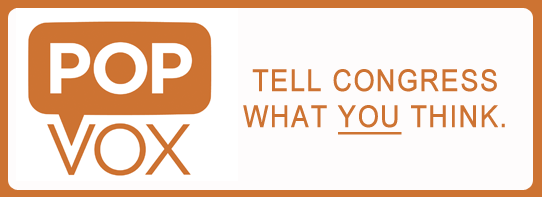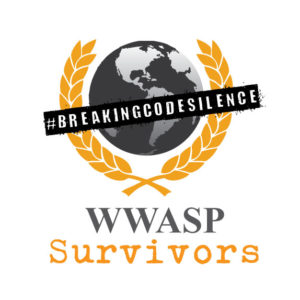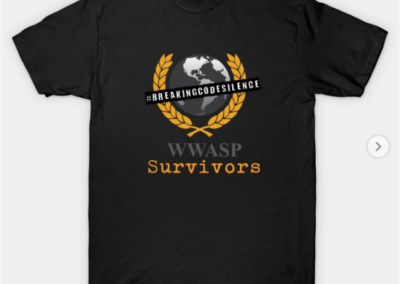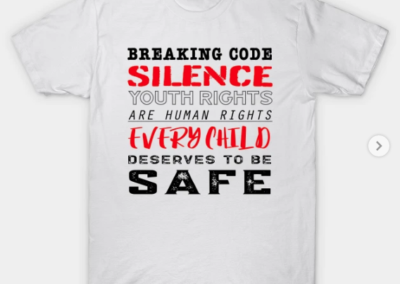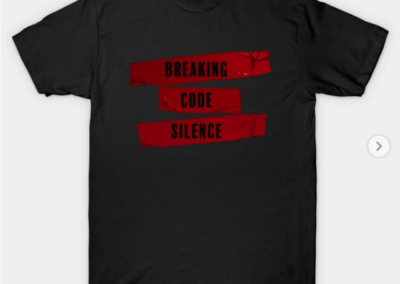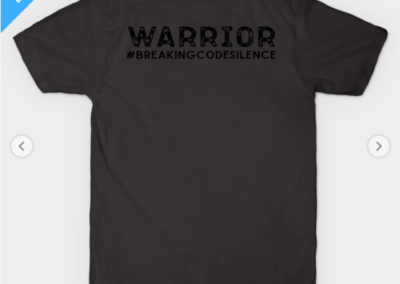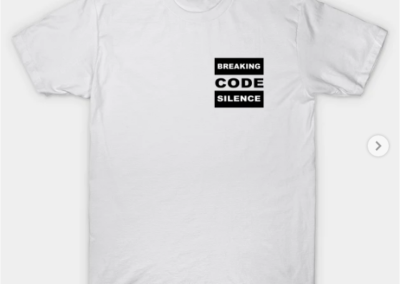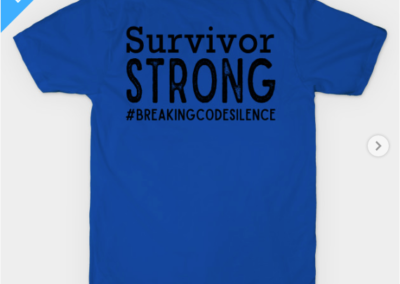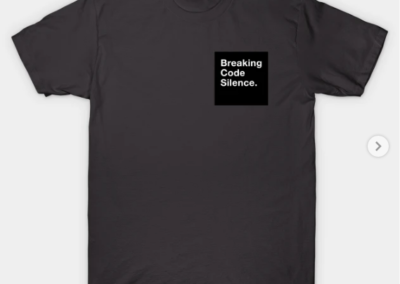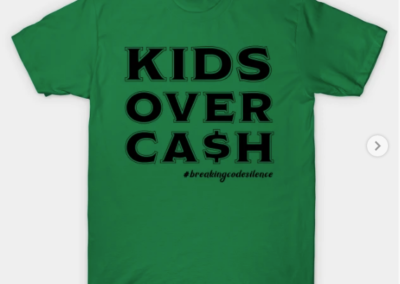The Stop Child Abuse in Residential Programs for Teens Act of 2013
Tens of thousands of U.S. teenagers attend private and public residential programs – including therapeutic boarding schools, wilderness camps, boot camps, and behavior modification facilities – that are intended to help them with behavioral, emotional, mental health, or substance abuse problems. Depending on the state in which the program operates, some of these programs are subject to state law or regulation, while others are not. As a result of this loose patchwork of state oversight, children at some the programs have been subject to abuse and neglect with little to no accountability.
The Government Accountability Office found thousands of allegations of child abuse and neglect at residential programs for teens since the early 1990s. Tragically, in a number of cases, this abuse and neglect led to the death of a child.
To address this urgent problem, the “Stop Child Abuse in Residential Programs for Teens Act of 2013” would:Keep teens safe with minimum standards for residential programs that are focused on teens with behavioral, emotional, mental health, or substance abuse problems
- Prohibit programs from physically, mentally, or sexually abusing children in their care;
- Prohibit programs from denying children essential water, food, clothing, shelter, or medical care – whether as a form of punishment or for any other reason;
- Require programs to provide children with reasonable access to a telephone and inform children accordingly;
- Require programs to train staff in what constitutes child abuse and neglect and how to report it;
- Require that programs only physically restrain children if it is necessary for their safety or the safety of others, and to do so in a way that is consistent with federal law already applicable in other contexts; and
- Require programs to have plans in place to provide emergency medical care. Increase transparency to help parents make safer choices for their children.
Increase transparency to help parents make safer choices for their children
- Require programs to disclose to parents the qualifications, roles, and responsibilities of staff members;
- Require programs to notify parents of substantiated reports of child abuse or violations of health and safety laws; and
- Require programs to include a link or web address for the website of the U.S. Department of Health and Human Services, which will carry information on residential programs. Hold teen residential programs accountable for violating the law
Hold teen residential programs accountable for violating the law
- Require states to inform the U.S. Department of Health and Human Services (HHS) of reports of child abuse and neglect at covered programs and require HHS to conduct investigations of such programs to determine if a violation of the national standards has occurred; and
- Provide HHS the authority to assess civil penalties up to $50,000 for every violation of the law. Ask states to step in to protect teens in residential programs
Ask state to step in to protect teens in residential programs Within three years, states must require all public and private programs to be licensed, meet standards that are at least as stringent as the national standards, and implement a monitoring and enforcement system. The Department of Health and Human Services would continue to inspect programs where a child fatality has occurred or where a pattern of violations has emerged. Read the text of Stop Child Abuse in Residential Programs for Teens Act. See a list of supporters of the bill.

